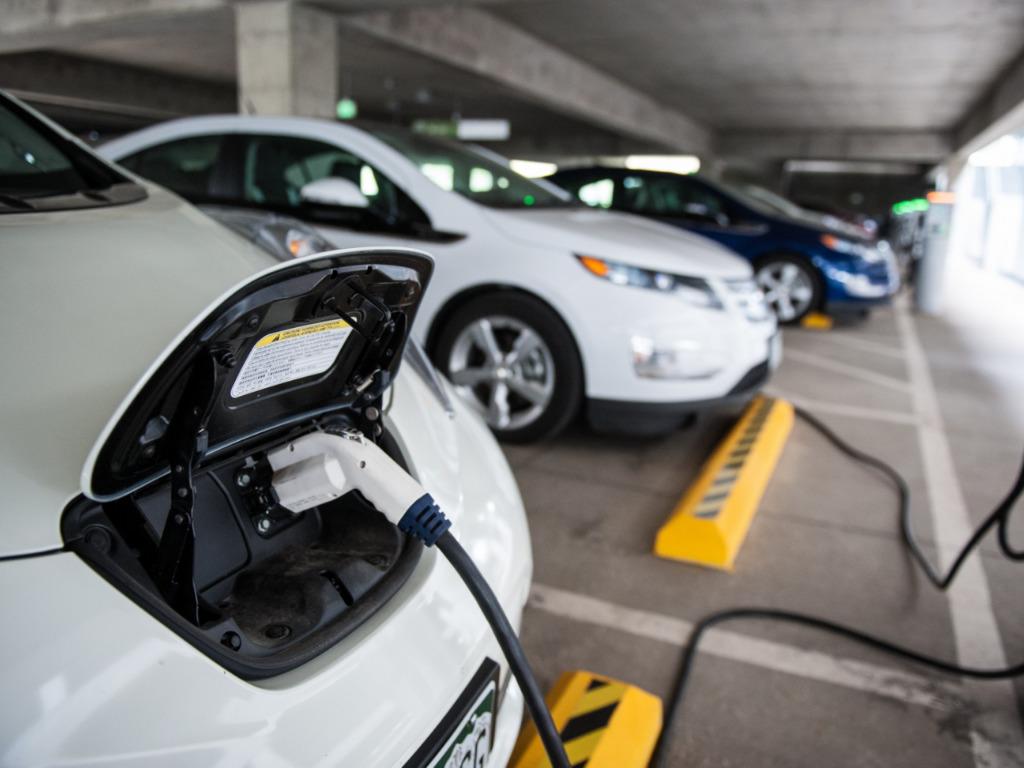3 Mins Read
According to China’s new five-year plan, the State Council announced that the sales of electric, plug-in hybrid, and hydrogen-powered vehicles in China are predicted to rise to 20% of overall new car sales by 2025 from the present existing 5%.
Before we go in-depth about the new plan and what will it mean for NEVs and ultimately the climate crisis in China, let’s get some definitions straight..
An electric vehicle, or EV, is one that operates on an electric motor, instead of running on an internal-combustion engine that generates power by burning a combination of fuel and gases.
Another frequently used acronym is NEV. In the U.S., NEV is the term assigned to neighbourhood electric vehicles that have legal limitations to speed limits of no more than 72km/h (45 miles per hour).
However, in China, NEV is the name of a class of ‘new energy vehicles’ that include both plug-in electric vehicles as well as HEVs (hybrid electric vehicles), which are cars that can’t be recharged using an external power source and as a result, these vehicles mix a traditional internal combustion engine with electric battery propulsion.
This also includes pure electric vehicles, a kind of NEV, that runs only on battery power as well as FCEV or ‘fuel cell electric vehicles’ that are hydrogen fuel cell cars. Unlike electric vehicles, FCEVs produce electricity on their own, meaning that they don’t power up from a built-in battery. Rather, they have their own efficient power plant onboard – the fuel cell.
Today, China is not only the world’s biggest auto maker, it’s also the largest producer of NEVs. In 2018, more than a million electric vehicles were sold in China,over three times the number sold in the United States. China also tops the list as the largest buyer of NEVs and has over 400 registered brands in the industry category.
According to a policy paper shared as part of the release of China’s 14th five-year plan that will last till 2025, sales of so-called NEVs, which include battery-electric, plug-in hybrid, and hydrogen fuel-cell vehicles, are set to rise to 20% of overall new car sales by 2025 from just 5%.
Apart from this, the Chinese government is looking to improve the green car quota system to direct automakers in order to make more environmentally friendly vehicles after it ends NEV subsidies in two years, and to boost NEV sales for public uses such as buses and trucks.
Chinese cities are also enacting their own plans to reduce carbon emissions according to media outlet Caixing Global. An aggressive policy by the city of Shanghai looks to work towards half of all new car sales to be pure electric vehicles by 2025, along with buses, government cars, trucks and postal vehicles to also become NEVs by the same year. The city’s 50% goal is way ahead of the national target which calls for a mere 20% rise. (Ed.Note: We have not been able to confirm this statistic from any other source).
Back in 2017, Shenzhen was the first city in the world to introduce a fleet of electric buses and Beijing has invested an estimated US$50 billion in this industry.
Companies including Volkswagen and AG are expanding their electric vehicle production in China, with Tesla hopping on the bandwagon as well as the EV leader gears up to supply batteries for its newly built Shanghai mega-plant that could produce up to 500,000 vehicles a year.
Recently, in alignment with its new plans for reaching its goal of being carbon neutral by 2050, global energy company Shell announced that it will roll out 500,000 electric charging stations in just four, years thus increasing its existing network of 60,000 electric vehicle charging stations by almost ten times by 2025.
A scientific study showed that “electric vehicles generate less carbon dioxide than petrol cars across most areas of the world” and this could help encourage government policies that seek to reduce carbon emissions by promoting the use of electric cars.
Lead image courtesy of energy.gov.




